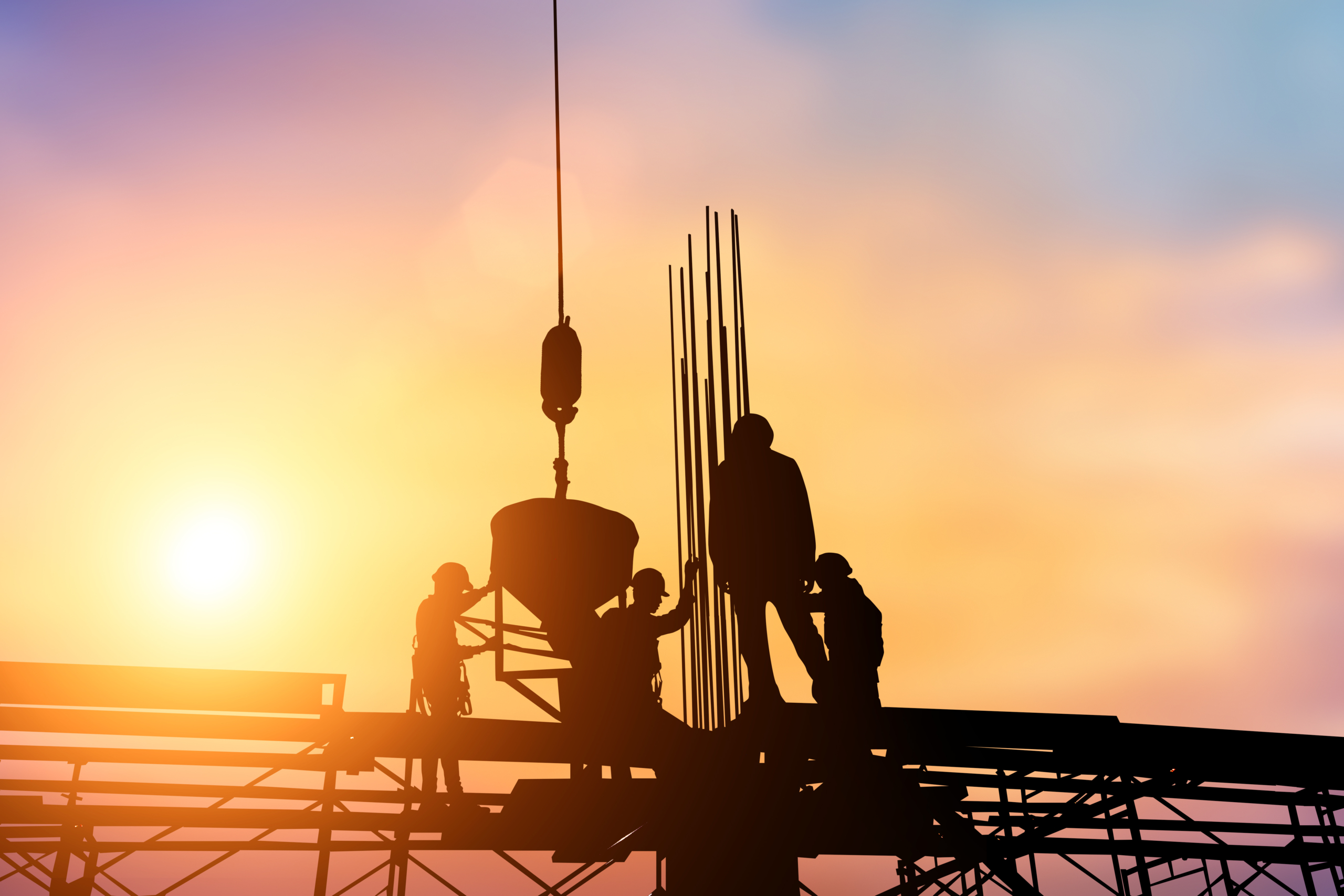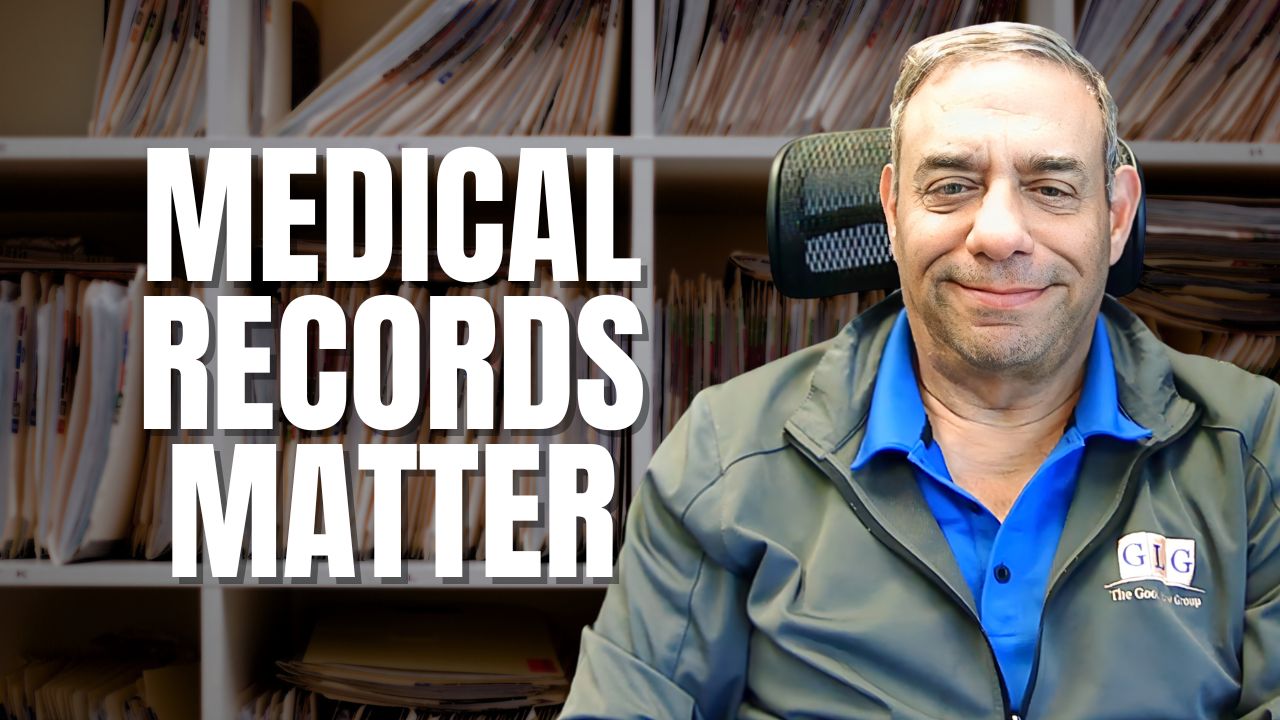Construction is an integral part of the U.S. economy. More than 650,000 employers in this sector employ more than 6 million workers throughout the country, and these jobs are growing. In the past 12 months, 315,000 workers have found new jobs in this industry, representing a 4.5% increase.
In Illinois, 4.3% of the gross domestic product came from construction work during 2017. This share equaled $30.8 billion of the state’s GDP. In Illinois. 92% of construction companies are small businesses. These small companies are where most construction employees in Illinois find work.
Heavy Construction Work and Its Potential Hazards
The range of employment opportunities in the construction industry is vast, but at what cost? Construction work is hard, physically demanding labor. Heavy construction workers face heightened physical challenges, burdens and hazards daily. As a worker in the heavy construction industry, you work on huge infrastructure projects that require the use of powerful, dangerous machinery that places your safety at high risk.
You are often at danger of being crushed, run over or struck by heavy equipment. Poorly loaded equipment, inadequate safety measures, faulty machinery, rollovers, and insufficient training contribute to devastating accidents on heavy construction worksites. These types of serious accidents often result in disabling injuries that never completely resolve. Because of these potential catastrophic injuries, it’s important that you are aware of the options and benefits that may be available to you if you suffer a serious heavy construction accident, such as social security disability (SSDI) and workers’ compensation.
Workers’ Compensation
Workers’ compensation is usually the first option for injured employees. These benefits cover the worker’s medical bills and provide partial wage replacement when the injury prevents a return to work. in cases where the worker is permanently disabled, workers’ comp may pay lifetime benefits. In these situations, you may still be entitled to some SSDI benefits, as well.
In Illinois, if you’re receiving workers’ compensation disability benefits, you can also apply for SSDI, but your social security disability payments will be reduced. Essentially, your combined workers’ comp payments and SSDI benefits may not exceed 80% of your average wages. Collecting from both sources may still be beneficial. Illinois workers’ comp benefits are typically set at no more than 66 2/3% of your average income, and they cannot exceed a state set maximum even if the calculations for your income would set the payment amount higher. Adding SSDI payments can increase the total amount you can receive.
Worn Out Workers Rule
The Code of Federal Regulations, 20 C.F.R. § 404.1562, § 416.962, are known as the Worn Out Workers Rule. This is one way that a heavy construction worker who’s been in the industry for several decades may qualify for SSDI. As an applicant, you would first be evaluated under the standard social security process to determine disability. If you don’t meet those criteria, you can be assessed under this rule.
To qualify for benefits under the Worn Out Workers Rule, the following must be true:
- Your level of education is marginal.
- You have performed hard, unskilled physical labor for at least 35 years.
- Your injury prevents you from performing your job.
SSDI
Due to the rigid standards set by the Worn Out Workers rule, many younger disabled construction workers aren’t eligible. However, you can still seek benefits under SSDI for your disabling injury or condition. The Disability Determination Services (DDS) for Social Security Administration (SSA) will look at your situation to determine whether you qualify.
These are the main questions they will ask:
- Is your injury or illness severe or disabling?
- Does it match a disability in their listing or is it functionally equivalent to one?
- Does your disability prevent you from performing the work you have been doing?
- Can you perform other jobs instead?
As an older heavy construction worker, it may be easier to qualify for SSDI when you have suffered a severe injury that prevents you from performing the hard, physical labor your vocation requires. It’s also less likely that you’re able to learn a new trade in lighter work jobs. However, the process can be complex and overwhelming, and the assistance of an experienced SSDI lawyer is key.
For younger workers who have been disabled working in heavy construction, the SSDI process may be more challenging, since the SSA may want you to train to perform less physical work. In these cases, our attorneys can advocate for you and help determine whether that option is fair and realistic. Our firm is experienced and knowledgeable in DDS practices and procedures for SSDI determination, and we work diligently to help our clients qualify for the benefits they deserve.
Contact us to discuss your case.









